My Experience When I Joined a Facebook Group for Daughters of Narcissists
In the fall of 2022, a reader of the blog told me about a group on Facebook for daughters of narcissists, or daughters of narcissistic moms. She had read my posts about the daughter of a narcissist and thought maybe it would be helpful. I had never really thought about joining a community like that, but I gave it a shot, trying something new and going entirely out of my comfort zone. Three months later, here’s a little about what I learned and why I would never, ever do it again.
The first thing I found when I joined the Facebook group is that talking to others who can relate is invaluable. But there are rules, like not being able to post for a few days, not sharing any therapist names, or you have to put TRIGGER WARNING at the beginning of your post. It can take a few days to learn the dynamics of the group and how to feel comfortable. (I actually did some research aside from the group I joined, just to see if the rules thing was typical.)
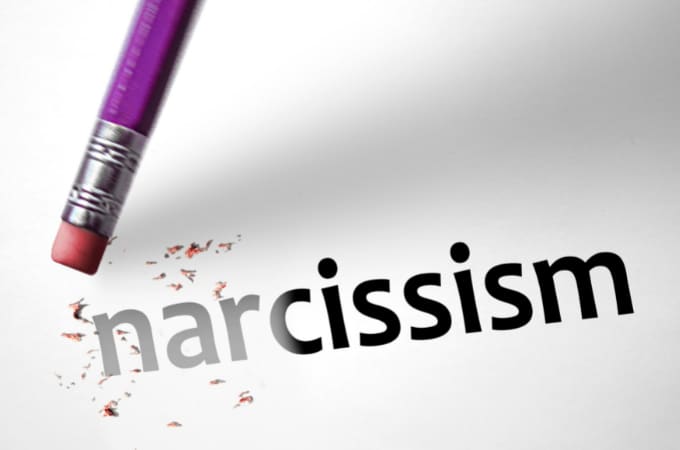
One thing I noticed right away is that 75% of the responses posters got were “you poor thing! They sound like classic narcissists who are trying to gaslight you and triangulate you!” I was unfamiliar with the terminology: grey rock, no contact, low contact, GC (golden child) and more. I had to do a little Googling to figure out what people were saying. It was like a whole new world.
Several days later, my first post was short, a statement that I felt like I had found my peoples. These women got it! Finally, someone who could relate to the sadness of your own parent telling you that you weren’t pretty, of a parent who would yell at you and tell you that you ruined things simply by being there, of a parent suddenly glaring at you in public with mad faces when you weren’t doing anything but playing with other kids in a rare moment of fun.
It was so relieving.
Until it wasn’t.
I wanted to post and share some of my story, but I didn’t trust strangers like so many others did. Maybe that was part of the downfall, but I couldn’t just lay it all out there. And, there were already enough self-titled TL;DR posts, I figured mine would just get lost. My stories weren’t anything new or terribly unique.
Finally, I posted a short blurb about my background. I did it anonymously and felt both terrified and excited to have posted. I expected some “ohmygosh, I get it!” and other posts indicating commiseration, like so many others got and like I attempted to give them on their posts.
Waited. Waited.
A few hours later, it had about 20 likes and two comments. As a comparison, others would get hundreds of likes and at least 50-100 comments.
I re-read it. Several times. I looked for things that could be rude, could be misunderstood, anything to indicate why it got so little attention, and I could find nothing. I mean, I’m a writer and I’m pretty good at conveying my emotions. Nothing stood out.
I figured then it was the anonymous factor. I looked around and other anonymous posts definitely got less attention, but I was still surprised. It was the first sign that the group wasn’t all that it initially appeared to be. Support was there for many, but not everyone. You could pour your heart out and have it as stomped on, figuratively, as your feelings had been by your narcissistic parent. Anonymity wasn’t welcomed, which drove home the point that we had to be willing to put ourselves out there 1000% or we couldn’t get help on the level that we were comfortable with. Even mainstream, offline support groups don’t require your full name, so this was a red flag.
A couple of months in, the novelty was definitely wearing off. I started realizing that while the group wasn’t officially labeled as solely a support group, support by way of unadulterated agreement is what was expected. When someone shared their story, even if they were clearly contributing to their problem in any way — like shoving a narc parent into the wall, forging a check to use their narc mom’s bank account, complaining that their narc mom required them to contribute to upkeep of the home they were still living in at 35 — the only acceptable reply was “you poor thing.”
Support was virtual hugs, pats on the back and “you showed her, she won’t ignore you anymore!” replies. One member complained that at over 30 years of age, her mom was no longer going to pay bills for her. (There was more specifics than that, but in the interest of being as generic as possible to not share anything that would allow for identification, I’m going to be vague.) A few of us commented that perhaps her expectations were unrealistic. Wow, did the replies fly then!
How dare we not support her! We should feel for her, show sympathy and display compassion.
This became the norm. It probably was from the day I joined, but I didn’t see it. Maybe I chose not to see it in my happiness to have found people that could possibly understand that daughters of narcissistic moms are told to let it go, move on, get over it..even though we still carry some baggage that we need to drop or repair, like lack of confidence, or a feeling that we’re never good enough.
Replies were either supportive, or they were wrong. Removed. Members were banned from posting. Posts by those who corrected them with name calling or other rude behaviors remained. It wasn’t okay to post a suggestion of an alternative response or a different perspective, but it was okay to call people rude, mean, or other words if they weren’t 100% “supportive.”
It was disturbing. The very behaviors people complained about their narc parents doing were flying freely in a group made up solely of people who had experienced parenting by a narcissist. And it was allowed.
There were reminders, in general and specifically to certain people, that if we could not ‘support’ people, we couldn’t stay in the group. Thing is, true support isn’t just telling people that everything they do or say is correct. Sometimes support is reminding people that they need to move forward. Sometimes support is pointing out a new perspective, a new direction to look in, an alternative way to handle something.
Hugs, pats on the back, encouragement…those can be great tools in healing and moving forward, but they aren’t the only ones. Support is also education, empowering and giving examples of alternative solutions. We don’t always see our options when we’re so entrenched in self-doubt or unhappiness; this is why therapy can be so successful, because it allows people to hear them say things out loud, and this is why having friendships or spouses to bounce ideas off is good.
I want to be clear: support IS good, and support IS necessary, but so is truthful support. Sometimes we really need to hear “let it go.” We need to hear “hitting someone isn’t okay, no matter what she did to you.” We need to be told “You’re 35, your mom isn’t responsible for paying for your <bills, vacation, clothes, medical insurance>” and “maybe it’s time to move out if you don’t want to follow their rules as they own the home.”
Many daughters of narcissists move into healthy relationships and are happy, productive adults..but they also can struggle to feel confident, to not have to defend their actions or over-explain them. We tend to be too nice to others, tolerating things we shouldn’t, and if we can’t regain some power, that anger can come out in other ways.
Shoving someone onto the floor isn’t fixing anything; it’s violence and causing pain to another, and that is wrong. And it’s appalling, particularly to feel proud of it….and expecting others to praise it? Are we so damaged we don’t see how awful that is?
Forging a check to get money you feel you’re owed because “they have plenty and should share” is theft. We’re not owed anything by our parents after we’re 18. I can’t praise someone for that kind of behavior.
I don’t know of anyone with a perfect childhood. I know many with childhoods that looked pretty cool, but parents are humans and they/we are not perfect. We can’t blame our entire lives and our behaviors, our tendencies, on them. We have a choice to fix, to grow, to improve ourselves. That’s our responsibility. If we find ourselves unable to do that, we have to seek help.
We can’t perpetuate bad behavior because it was displayed towards us. That just continues to cycle onto future generations and innocent people.
One member told another that being strong wasn’t a welcome thing in the group. It was seen as triggering towards others who weren’t strong. Basically, the group was only for those they deemed deserving of help; if you had already gotten through the worst or you were involved in a healthy relationship, you were ‘too strong’ and your replies weren’t helpful.
It was perpetuating what we grew up with — that our opinions and feelings weren’t valid, and that we had to be seen and not heard, we had to feel a certain way or it was wrong. These are behaviors we can unlearn, if we choose.
But this particular group was promoting the opposite. It encouraged people to continue to need others to validate their actions and to make them feel that their feelings of hatred, resentment, entitlement and violence were acceptable.
Everyone’s path to growth is individual and unique. What one person does to move forward is different from another, but if we truly want to grow and thrive, living in that space of anger and inaction, of ranting and not taking responsibility for how we react and what we do…it’s not growing.
I used to lead therapy in my prior career as a mental health nurse, and old habits die hard, though I am no longer a therapist of any sort. A Facebook group can be like a cheap form of therapy, a place to air things out, a feeling of understanding, but not all daughters of narcissists will find them a place of growth. Like me, they find a group to be just another place to experience the very things we have tried so hard to escape.
In short, when you join a group for daughters of narcissists, or anything related to having a narcissistic parent, vet it carefully before you invest time.
Sit back and watch the dynamics for a couple of weeks. If rules bother you when you join, they’re not likely going to get any more palatable as time goes on. If support is only agreement, it’s not really a support group; it doesn’t mean it’s not valuable to those people, but it’s not going to necessarily provide real support. It may be a great place to vent — and venting can be very therapeutic — but action can be, and likely should be, a lot more.
I won’t ever join another group that is focused on narcissism or dealing with narcissistic family problems. I found that those last couple of weeks, I dreaded logging into Facebook. The stories were reminders of things that had happened in my life; some posts made me resurrect memories I had long forgotten, or never even remembered until someone said something that sparked a memory. I felt bad for the members, and I wanted to send out virtual hugs. I wanted to tell so many of them that they ARE valued. They ARE good people. They are WORTHY — of love, of attention, of living a happy life.
And I did plenty of that. I like to think I added a speck of light to someone’s day, but I know I was part of a group of women who felt stunted and sidelined by wanting to say more. I mean, it’s not our job to help someone else, but when someone asks for help, and you try to give it as they’ve asked…and then you’re told that you lack compassion because you don’t stand behind someone who ran their mom’s car out of oil on purpose to ‘show her what it’s like to need help and not get it’ — I can’t get behind that. I can’t get behind deliberately being mean to others, and then being mean to those who point it out.
If you had a narcissistic mom or narc dad, or if you dealt with a Golden Child sibling (which is, in short, a sibling who gets the praise and the good end of things, while you get insults and the bad side), my heart goes out to you. I hope you seek help where you best find it. If that’s a Facebook group, cool, because it’s free and accessible everywhere, but protect yourself. Not every group has positive goals. And life’s too short to deal with more of what we’re trying to get away from. Statistics show that a lot of people raised by a narcissistic mom end up narcissistic themself, or they become damaged, and in that damage, they pass along the unhappiness to others. Mean girl cliques, even if they’re started by a united effort to, in theory, be there for another after trauma are still mean girls.

“You can’t sit with us.”
Cool, I don’t want to.


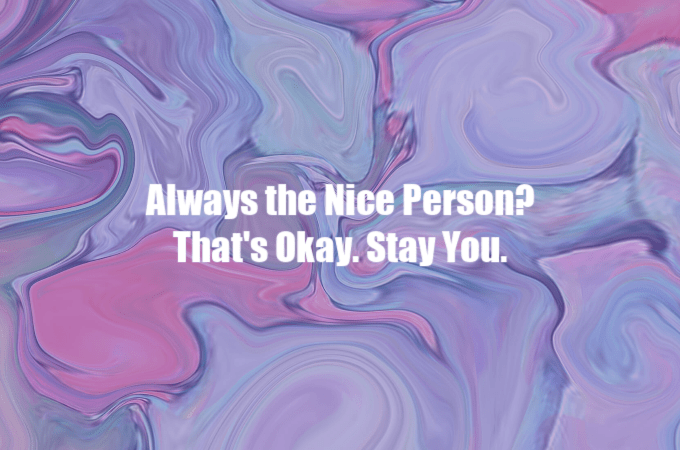
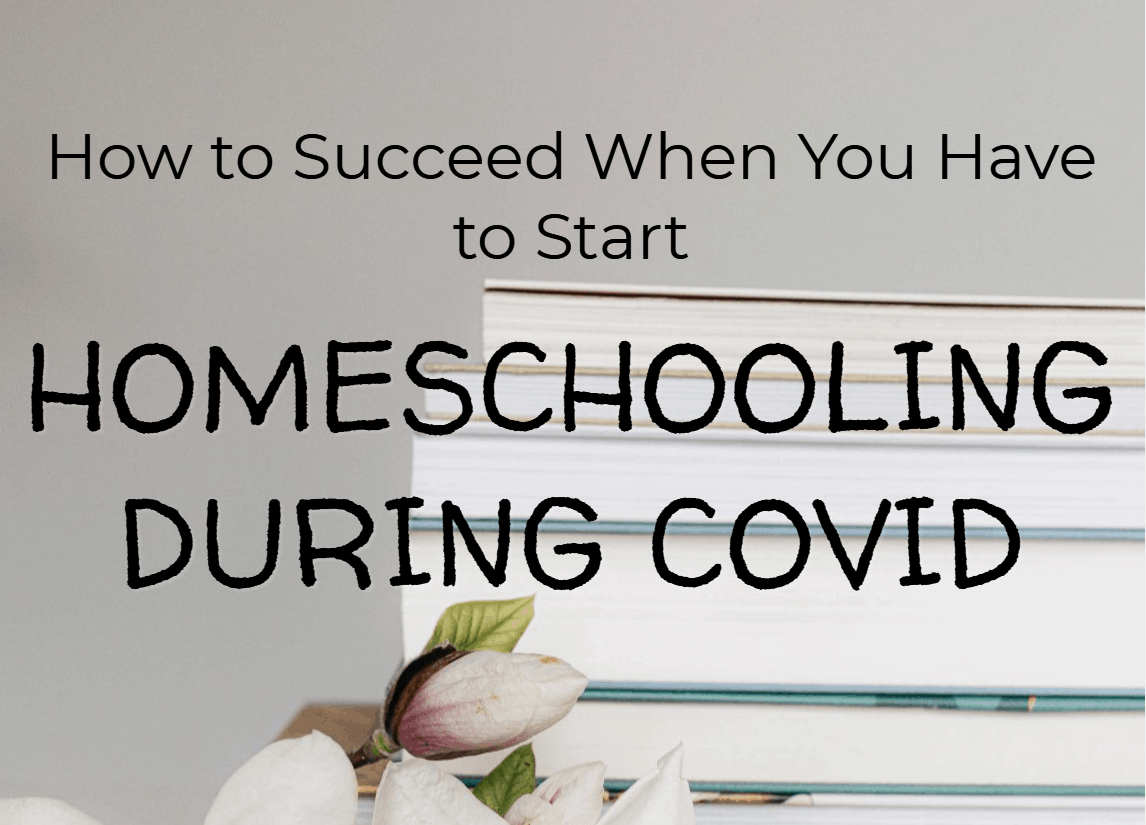

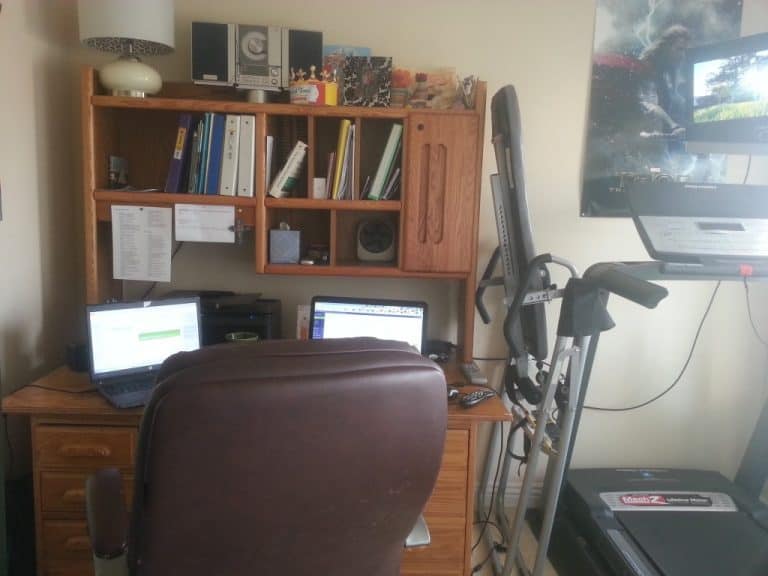
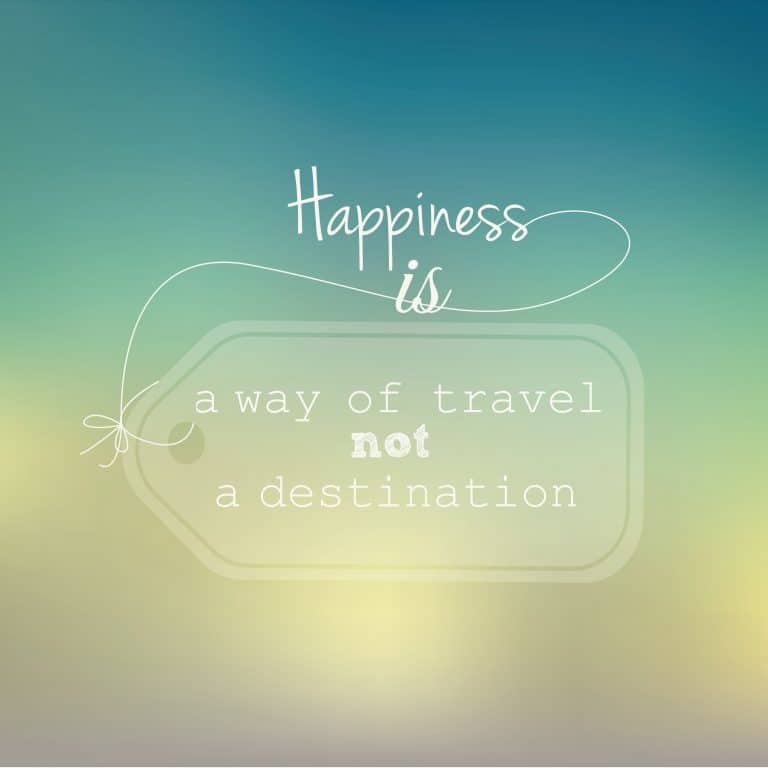
I want to thank you flirts for your courage to stand up for your personal beliefs. I agree with you that it isn’t ok to hurt because you’ve been hurt. I think that if this article reminded me that two wrongs don’t make a right that it surely resonates with many others.
I have been struggling with not becoming bitter at 48. My optimism despite my childhood trauma has been slowly depleted as I have unveiled more layers of my moms toxicity.
I don’t want to make the mistake of thinking I am entitled to some of her money because I “earned it” by suffering years of being her twisted yes girl over the years.
I was dangerously close to thinking that is an ok way to be
Thank you for reminding me what I’ve known in my heart all along. That’s not going to help heal me. That’s selling my integrity.
Again. Thank you for your article. You helped me.